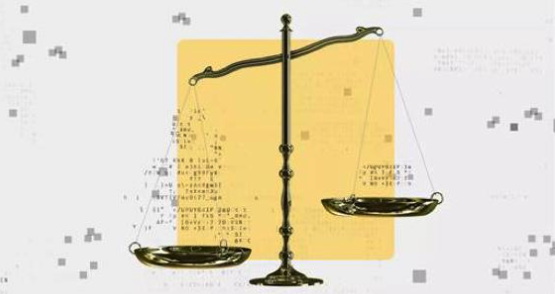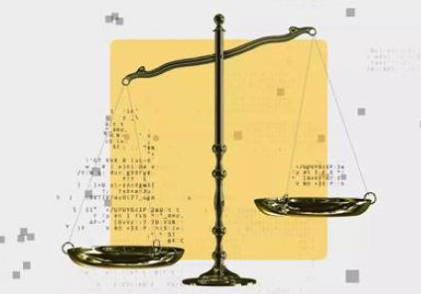
By Donnie Dong
On the first work day of 2022, China’s regulatory authority released a new regulation titled Provisions on Algorithmic Recommendation Technologies (Provisions), which will be effective since March 1, 2022.
According to the Provisions, “algorithmic recommendation technologies” (ARTs) refer to “methods of providing information” by applying technologies of data integration, individualization, data filtering and similar technologies. While the literal meaning of this definition could be interpreted broadly, the Provisions are indeed a regulation on the “automated decision-making” practices that have been widely used in e-commerce and other online services provided through the Internet.
On the one hand, the Provision can be regarded as an implementation of China’s Personal Information Protection Law, which has provided general guidelines over the use of automated decision-making technologies. However, it also provided detailed requirements over ARTs even if such an ART is not processing personal data.
According to the Provisions, a service provider shall take compliant actions to refine its ARTs. This includes, for examples:
– notify users about the principles, purposes, and intentions of its algorithms
– refrain from discriminating consumers by referring to their transaction history
– provide consumers an opt-out option to turn off the ART and/or automated decision-making system
– protect the rights of the minors/teenagers, the aged, and the employees
– provide consumers with channels to file their complaints
– refrain from manipulating search results for the purpose of influencing public opinions.
The Provisions provided detailed requirements on each of the above items. Companies who offer products or services by analyzing data profiles (either personal data or non-personal data) or use AI or machine learning technologies should pay attention to this new regulation. It is necessary to review their products and algorithms by reaching out a lawyer who is familiar with the information technology.
* * * * *
Author: Donnie Dong. Admitted to practice in China and New York State, the author is a Certified Information Privacy Manager (CIPM) by the International Association of Privacy Professionals (IAPP). Dr. Dong is a member of the steering committee for Digital Asia Hub, a non-profit think tank collaborating leading scholars and practioners of digital society in Asia.
Please contact Donnie Dong, donnie.dong@fujae.com, or visit our website, www.fujae.com, to view other contents.

